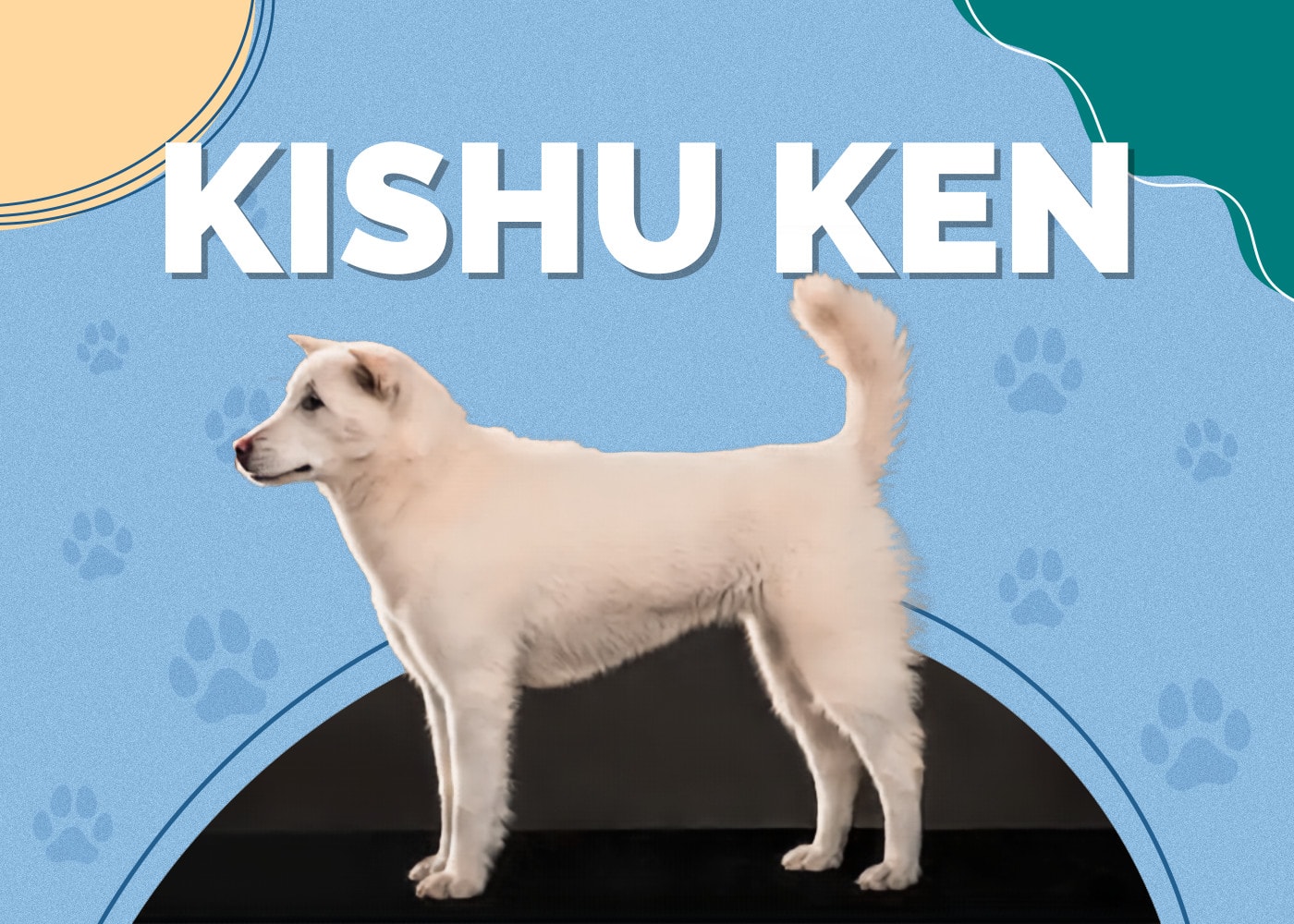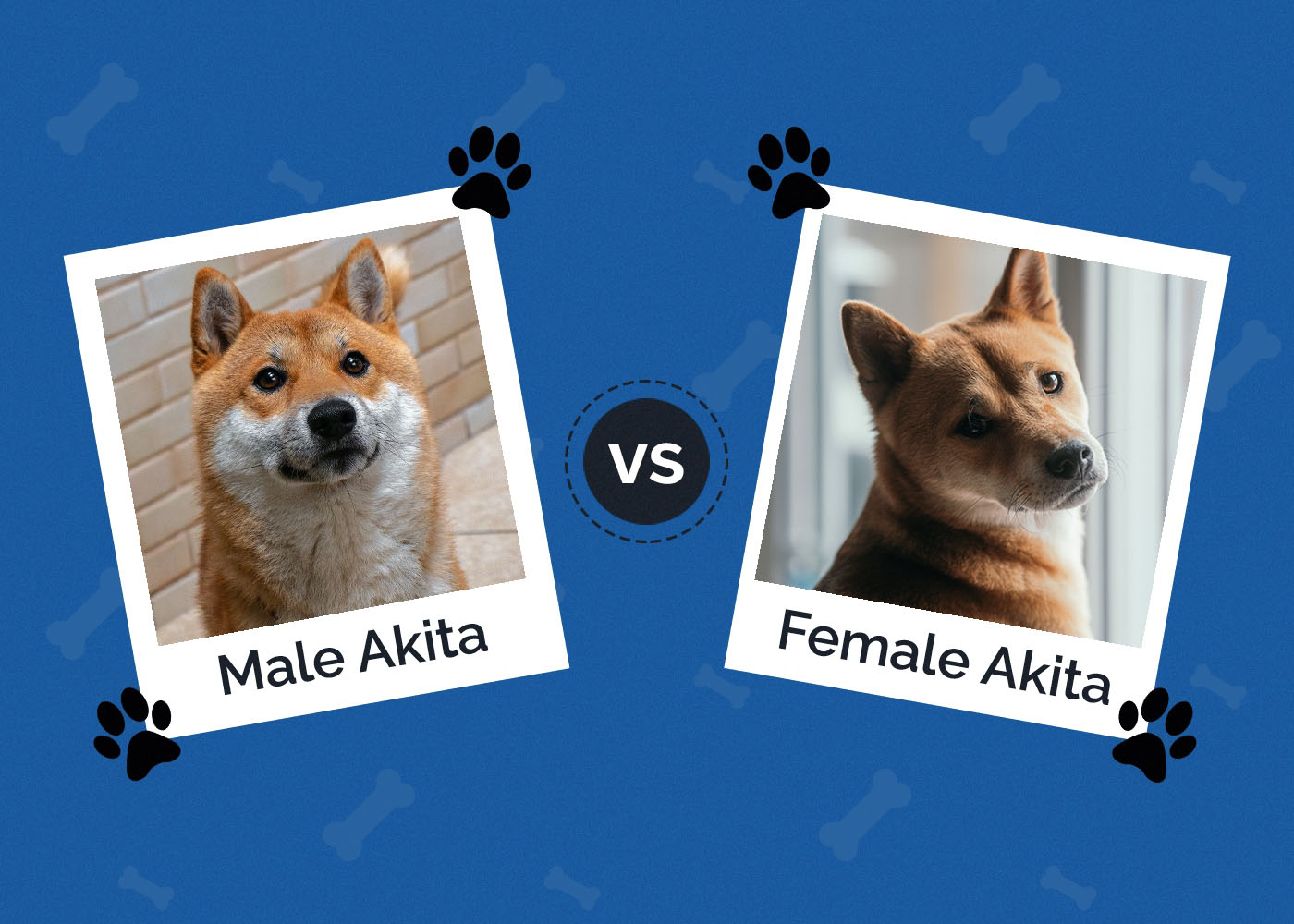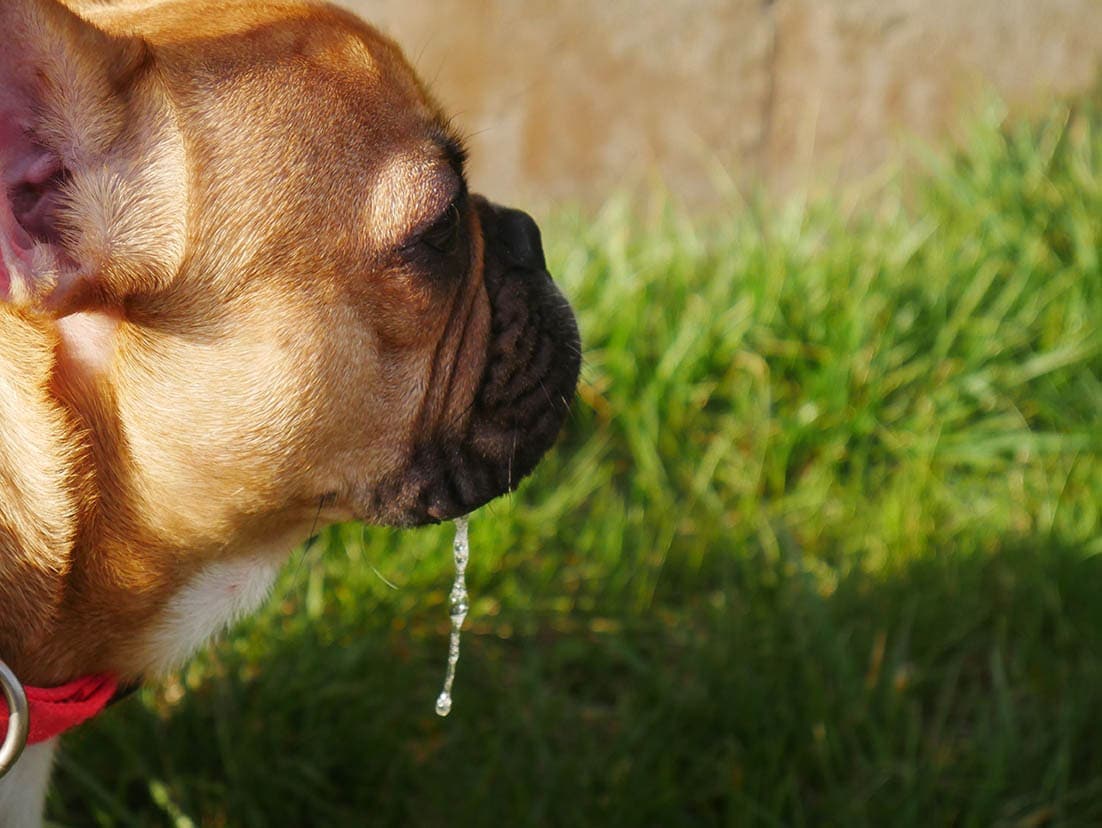How to Train a Bichon Frise: 9 Expert Tips
Updated on
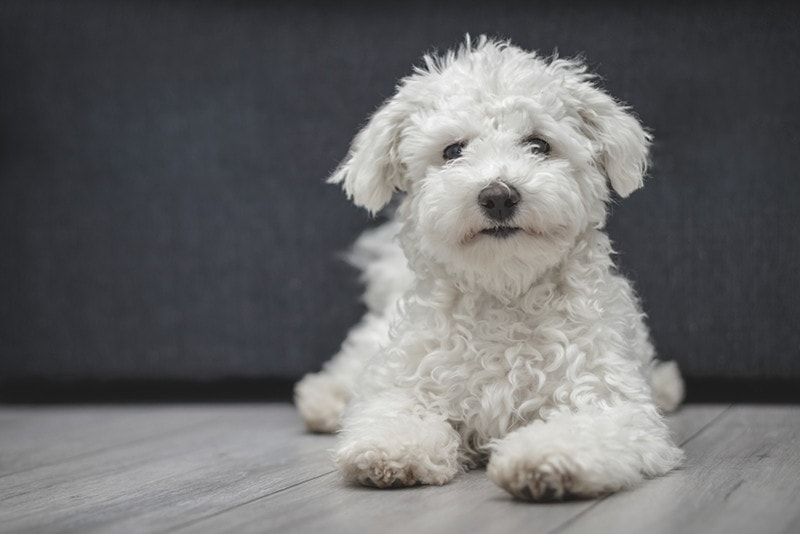
The Bichon Frise is often easy to train. They’re intelligent and people-oriented dogs, so they often want to please. However, they are very small and can be a bit too people-oriented in some cases. It’s very hard for them not to ask for attention, which often includes jumping up on visitors.
While these dogs are small, they need training just like any other dog. Otherwise, they can become aggressive and develop behavioral problems. It’s best to start training as early as possible for this reason.
These dogs are easy to train, but it’s still important to train them correctly. Below, we’ll offer our top tips for training a Bichon Frise.
The 9 Tips on How to Train a Bichon Frise
1. Potty Training
Bichon Frise can be incredibly difficult to potty train. They have very small bladders, so they need to use the bathroom a lot. It’s much easier for them to have accidents, and taking them outside as much as they need to may not be practical for many people. Very small puppies may need to be taken outside every 30 minutes!
Therefore, many Bichon Frise owners start with an indoor potty solution—at least while they are puppies. These dogs often learn how to use these solutions quickly, and it eliminates some of the frustration for the owners.
2. Don’t Forget Socialization
Bichon Frise needs socialization just like any other dog. They may be small or friendly, but they can become scared and aggressive if not socialized properly. Socialization involves taking your dog around to meet many new people and animals in many different places. It can look like visiting the dog park and taking your puppy shopping (where they allow dogs, of course).
This sort of exposure makes your puppy more used to the outside world. When they’re adults, things will seem a bit less new and scary.
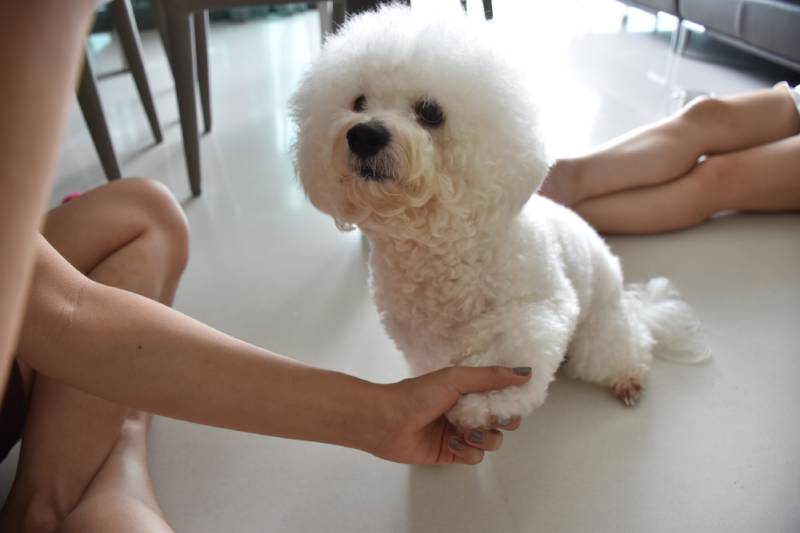
3. Sign Up for Puppy Classes
We highly recommend signing up for puppy classes—even if you aren’t a new dog owner. Puppy classes provide an opportunity for your puppy to socialize in a safe environment with many new dogs and people. This class can go a long way to helping socialize your puppy.
Plus, you also get some training help. Even if you’ve trained a dog before, these tiny dogs can come with their own problems. Furthermore, every dog is an individual, so you never know what you’re going to end up with.
4. Use Positive Reinforcement
There are tons of training methods out there. However, the only one that has any scientific backing is positive reinforcement. This method involves guiding a dog to do the correct command or “catching” them doing it. Then, you say the command word and provide the dog with a treat. It’s that simple and works the same for every command.
The dog learns to associate the action with the command word, and they associate the command with the positive reward.
Other methods, like “alpha dog theory,” have been disproven. Sadly, there are many owners and dog trainers that still follow them. Before taking any class, be sure to ask the trainer what methods they use.
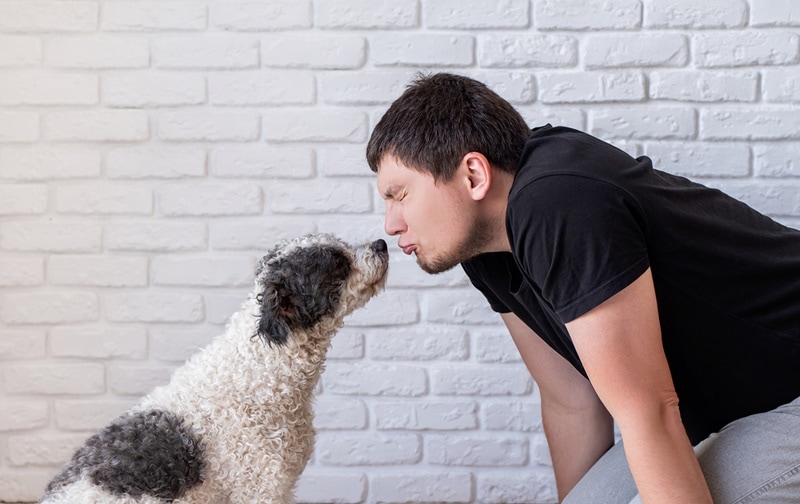
5. Train Daily
Daily training has many different benefits. It helps dogs learn faster, and it prevents your dog from learning what they already know. Plus, if you’re trying to find new things to teach your dog every day, you’re more likely to go beyond the bare minimum (making your dog much better behaved).
Plus, because training sessions should be kept very short (15 minutes max), most people can find time for daily training sessions.
If you have a hard time setting aside daily training sessions, dog training classes can help. These classes are more for you than your dog. Having someone you’re reporting to weekly can be a huge motivating factor. No one wants to be the person with the misbehaving dog.
6. Slowly Phase Out Treats
A common critique of positive reinforcement training is the reliance on treats. However, proper positive reinforcement training involves phasing out the use of treats. Once your dog knows a command and follows it most of the time, you should stop providing a reward every time your dog does it. Start with every other time, for instance. Then, work up to no treats at all.
Many dog owners stop once their dogs know the command and don’t phase out the use of treats. However, you won’t always have treats on you. You want your dog to listen even when you don’t have a reward available.
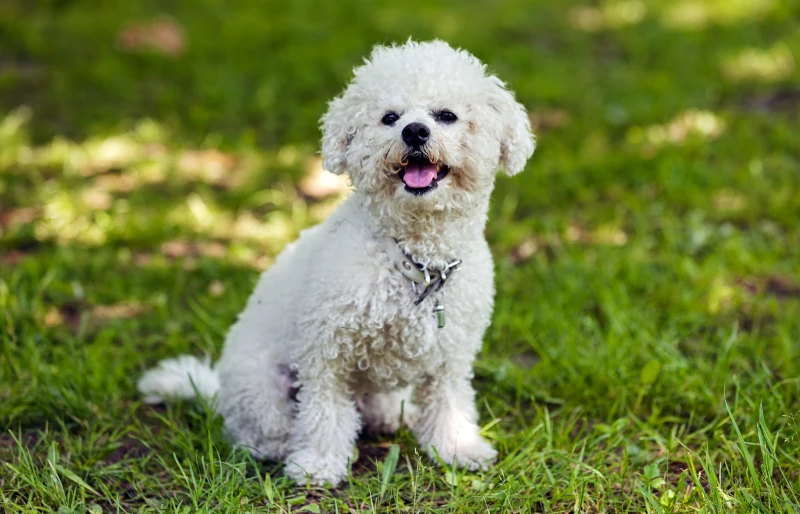
7. Use Commands in Real Life
Once your dog understands a command (even if they aren’t great at it), you should start using it in real life. Tell your dog to sit and wait when you open the front door. Tell your dog to “leave it” when they start sniffing your dinner. Using commands in real life helps reinforce the command, and it makes your dog understand that the command works anywhere.
Only listening to commands while at doggie training is a common problem with the Bichon Frise. They just don’t understand that “sit” means the same thing everywhere. Use the commands in real life as much as possible to prevent this problem.
8. Teach a Recall Command
One of the last basic commands your dog should know is a recall command. Sadly, most dog owners stop training sessions before the recall is mastered—likely because this is one of the hardest commands. However, it can be life-saving.
Simply put, a recall is an emergency word you use to call your dog to you. It can be used when your dog accidentally escapes from the house or yard. You can also use it when you notice something dangerous, like another dog or predator.
Recalls are hard to train, as your dog must listen to you from a distance. However, we highly recommend a reliable recall for every dog.
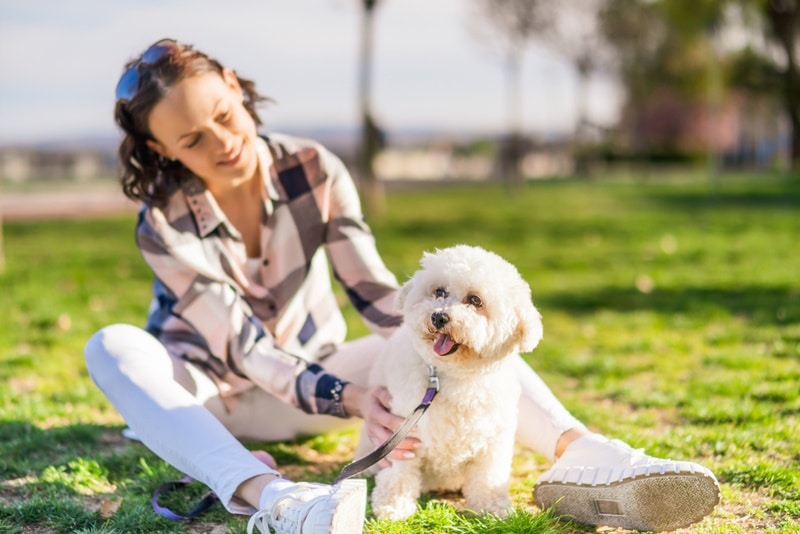
9. Don’t Forget Games!
Bichon Frise are intelligent dogs. Therefore, they need plenty of mental stimulation to help keep them entertained. Training can provide this mental stimulation. However, once you teach the basics, it can be hard to figure out where to go next.
Games can provide an interesting training opportunity that keeps your pup entertained. Your dog might like to play hide-and-seek (which reinforces a recall) or sniffing games. These games can teach your dog new skills and help reinforce old ones.
Final Thoughts
Training your Bichon Frise is important. While it may seem a bit overwhelming, it doesn’t have to be. With a puppy, you should focus on basic commands, potty training, and socialization. Joining a puppy class can help show you the basics of dog training and get your puppy socialized. If your dog is older, you can join a group class for the same effects.
Because Bichon Frise is so intelligent, they can pick up on commands quickly. They’re great dogs for new dog owners for this reason. However, you still do have to train them.
Featured Image Credit: Gaschwald, Shutterstock

